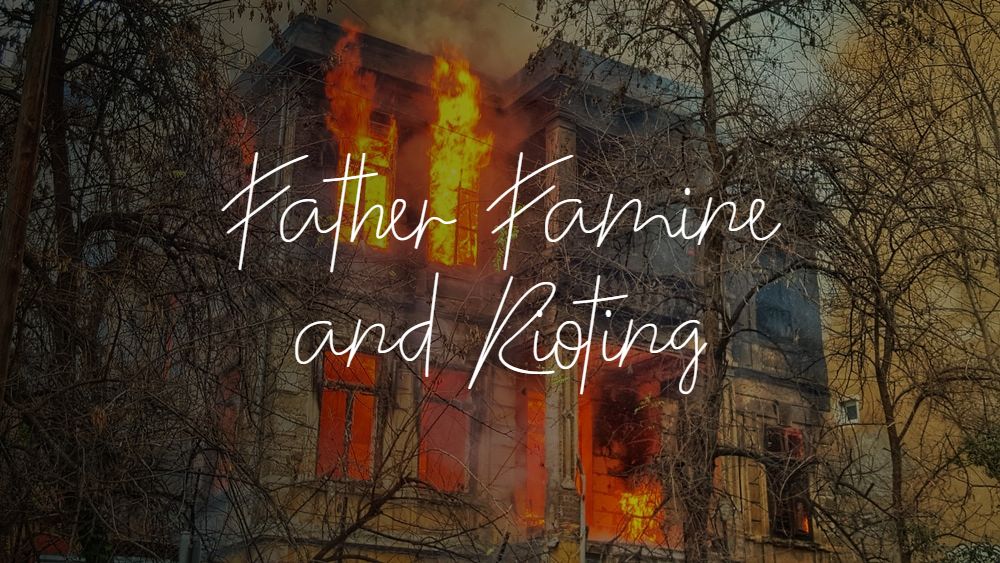When I wrote the Trinitarian Father some years ago, I did not imagine at that time how the force of fatherhood impacts the home. Now, with almost 12 years of parenting under my belt, some gray hair, and enough anecdotal evidence to fill a few encyclopedias, it is safe to say fatherhood is the critical battle of our day.
In these last few weeks, I have poured over articles and re-read a few portions from books on race, listened to podcasts on the way to my study, and safely concluded that the real danger lies in the unspoken answers to our woes. Indeed, the modern complexities touch on matters of how we relate to our fellow image-bearers, but also as it relates to our discomfort to talk about the heart of many of these issues. And the heart of many of our societal disorientations go directly back to the household, the birth place of ideologies.
Dr. Anthony Bradley, professor at King’s College in New York City, recently observed that fathers “are essential to the child’s development, not peripherally, like in TV sitcoms and movies, but vitally essential.” The recent clip of a mother castigating her son for rioting made national news, rightly so. What is rare, however, are fathers assuming a positive role in the discipline of their children. It is much more common for mothers (even in a two-parent home) to assume the role of mentor and guide than a husband to do so. We live in a father famine age, and our current chaos has much to do with satisfying this hunger.
There is sufficient evidence that what we are seeing are men and women taking to the streets to destroy because their very lives have also been destroyed in their homes emotionally and physically. The rioting is part and parcel the result of a fatherless generation. The Bible places headship at the feet of men not to abuse but to build fruitfulness in the home. But fathers are by and large consumers, and not nurturers. Teenagers in the streets setting things on fire are giving society a taste of their home lives. The male figure is now de-masculinized, and authority and respect are forgotten virtues of a bygone era.
Dads, where are your sons at one in the morning? Why don’t you know where they are? What are their habits? Why don’t you know what they treasure? Why don’t you pour into the new generation of men instead of comfortable sins?
The famine is great, and our fatherly guilt is also great. If revivals and reconciliations are to take place in our generation, we need godly men to raise the banner of hope and satisfy the cravings of their young warriors at home. Otherwise, they will take that ire and show up in a video clip in the evening news next to a burning building.
















